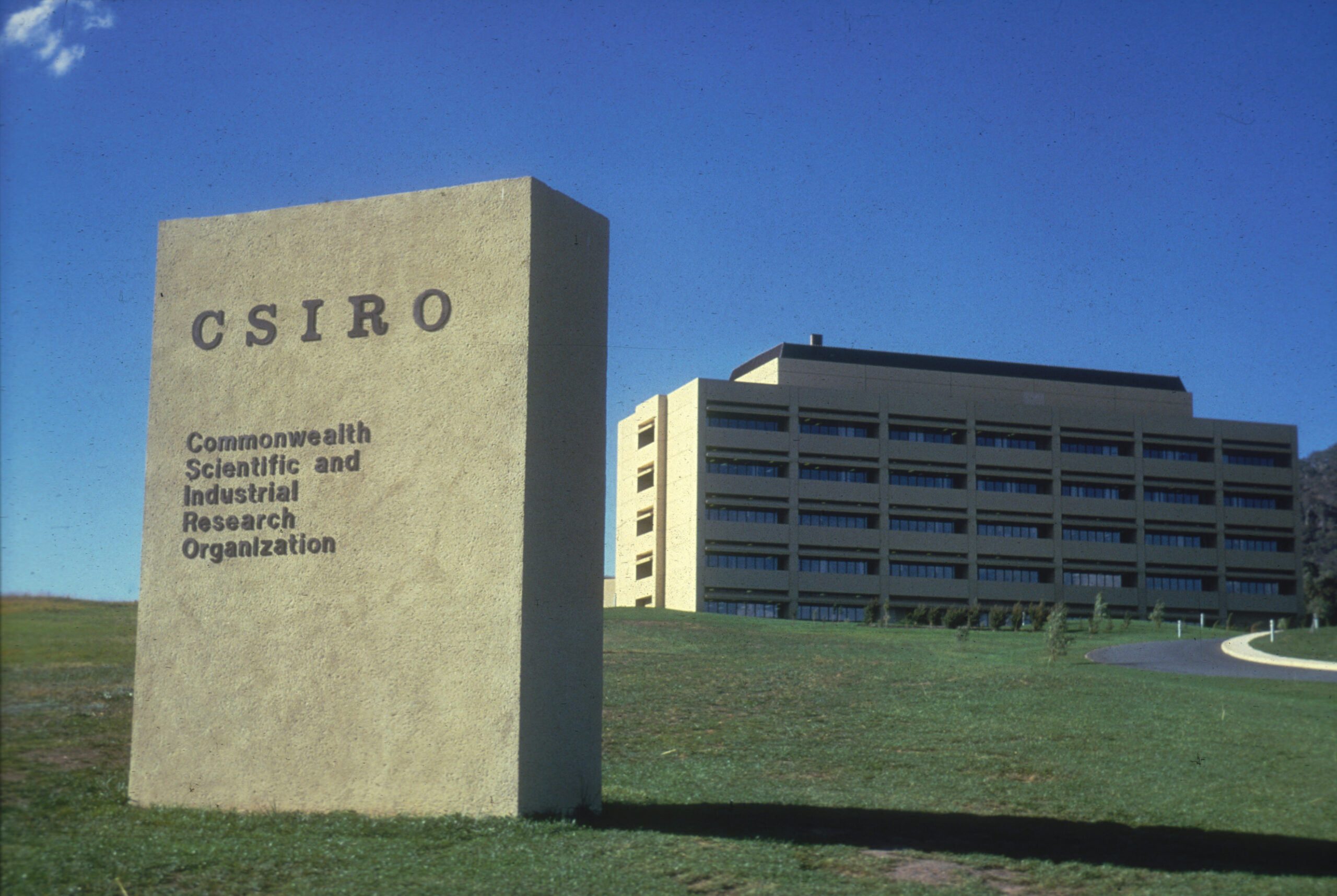Each article provided a disclaimer that they were generated using OpenAI, claiming that the content was reviewed by a trained science communicator, and edited by Cosmos’s publishing team.
The article topics included painkillers, decomposition, black holes, and cybersecurity.
The articles have been criticised for incorrect or overly simplified information by the Science Journalists Association of Australia, who also stated that the use of AI in this manner was concerning.
Jackson Ryan, Association president, advised that these inaccuracies would damage people’s perception of Cosmos and impact their trust in in Cosmos’s reliability.
The CSIRO provided a statement in which they supported the “experimental project”, which was designed to examine AI’s “opportunities and risks”. The experiment is stated to run until February 2025.
The project was funded by a 2023 grant administered by the Meta Australian News Fund via the Walkley Foundation. The Walkley Foundation claims that they “benchmark the industry standard for excellence and best practice journalism”.
According to former editors, Cosmos did not inform editorial staff about the AI project prior to rollout.
Many former staff have disagreed with the proposal, with Ian Connellan, former editor-in-chief, stating that he “would have said this is a bad idea” if he had been aware.
Cosmos co-founder Kylie Ahern, who served as chief executive until 2013, stated that Ai-generated articles were “not the right direction” for Cosmos.
Cosmos contributors have further criticised the project, stating that they had not been consulted about their work potentially being used to train an AI model.
Bianca Nogrady, a freelance science journalist who has contributed to Cosmos, stated that she was “incredibly disappointed” and had “contacted CSIRO and the Cosmos editors twice in the last week and had no response”.
A CSIRO Publishing spokesperson dismissed contributors’ concerns in a statement, stating that “the experiment did not involve training OpenAI’s GPT-4 model”.
GPT-4 has been criticised for being trained on vast datasets containing billions of web pages and from copyrighted materials, likely including Cosmos’s own archives.
ChatGPT is currently being sued by several authors and The New York Times for scraping copyrighted work to train its AI model.
Cosmos has not published an AI-generated article since the end of July.






